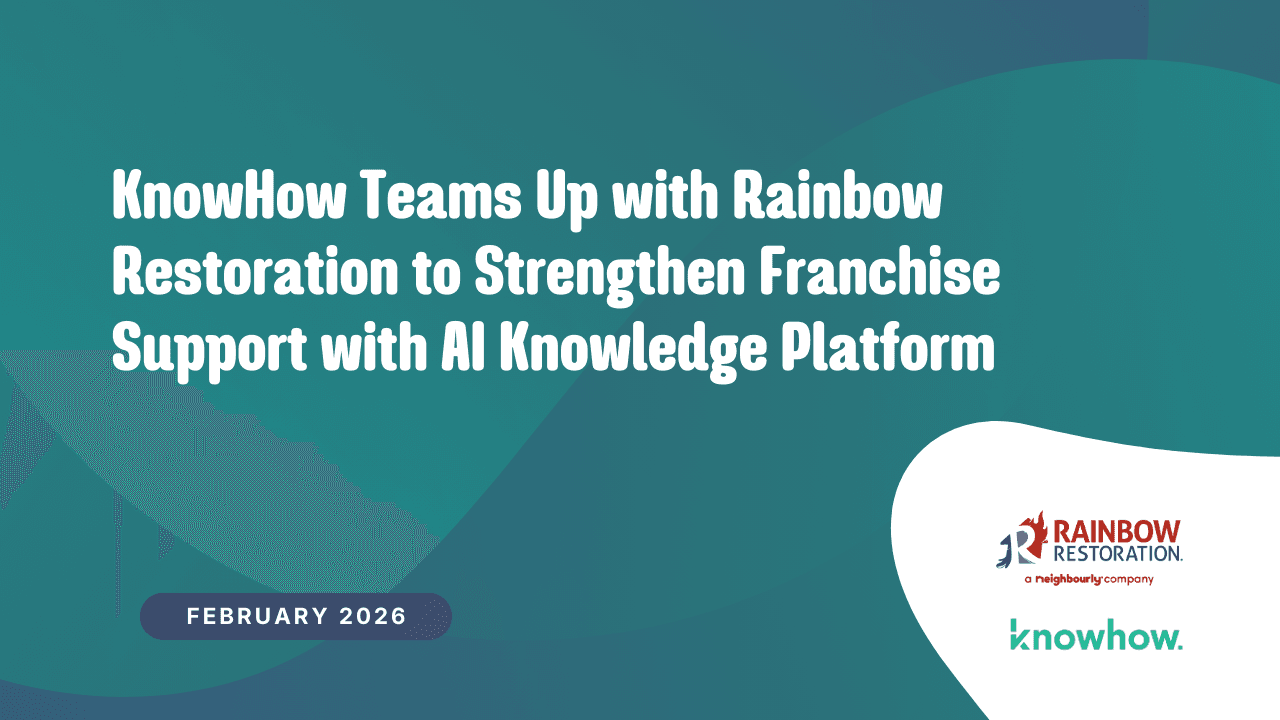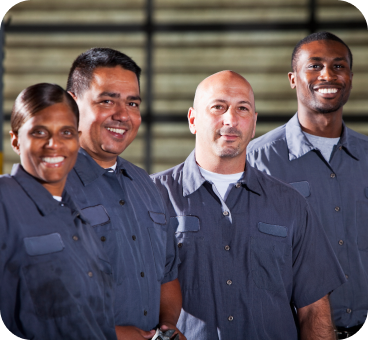
Maintaining Business Operations During a Pandemic



At the onset of 2020, the world was introduced to COVID-19, more commonly referred to as the coronavirus. It’s no secret that over the past few months, industries have been experiencing the immense shockwaves as a direct result of the virus. It has forced companies to adapt, change, and learn new ways of doing business day in and day out. It’s no different for businesses in the construction and restoration industries, who’ve had to drastically alter their business models to accommodate this “new normal”.
You might be thinking to yourself, what does that look like? What does my business, or my employer, need to do to really get their feet back on the ground during this pandemic? In our recent webinar, we brought in some of the industries most experienced and knowledgeable operations experts as panelists, Chuck Violand of Violand Management Associates, and Trace Larsen of Utah Disaster Kleenup. They sat down and shared with us their insight into how they have adapted their business operations to not only function during COVID-19, but succeed.
How COVID-19 Has Exposed Problem Areas in Businesses
We know that operations in construction and restoration businesses have changed dramatically, but how does this affect work done on the ground? For Chuck Violand, he is taking this time to re-evaluate the inefficiencies that existed in his business before COVID-19 even began. He believes that, “In addition to the specific things with COVID-19, I think what it’s done is expose issues that existed before this that are getting addressed now”. Taking the time to evaluate how your company functions during a crisis is key to evaluating how to change and adapt your operations to be better in the future.
A major surprise for many restoration business owners was how quickly the volume of work slowed down. At the same time however, a whole new service that needed to be provided came steamrolling into the limelight: disinfection services. It just so happened that restoration companies fell into the crosshairs of being among the most qualified to deliver those services. Trace Larsen discussed how he managed to deal with the drop in work, and also getting his business prepared to deliver a whole new service and the changes in operation that required. “You had to shift on the fly. Deal with a slow incoming of your day-to-day core competency work, and now learn how to handle the new incoming work”.
For many in the restoration industry, cash flow has needed to be redirected significantly. For example, prioritizing Personal Protective Equipment became a lot more important, as restoration company owners had to provide their workers with the essential PPE they needed to stay safe on the job.
The Most Important Values for a Successful Business During COVID-19
For many restoration businesses out there, a culture of accountability is the backbone of all operations.Yet, COVID-19 brought to light the need to hold accountable an even higher level of safety, cleanliness, and care for customers' property. According to Chuck Violand, that has to come from the top. “The first person we have to look at for accountability is us! As the leaders or owners of an organization we have to set the standard”. Accountability starts with managers and leaders, because you can’t expect employees to do something their leaders aren’t.
Second only to accountability, is education. While there will always be a level of explaining towards a customer, COVID-19 just added another level, another step. Trace Larsen breaks down his customer education during this time as “We’re explaining our methods, what we’ll do, what their expectation can be, and a lot of disclaimers.”
Tips to Avoid Accounts Receivable Problems With Clients
For many business owners and individuals during this pandemic, money has been unsurprisingly tight. As a result, many business owners in the restoration industry find it challenging to manage their accounts receivables right now.
According to Trace and Chuck, here are a few helpful tips to avoid accounts receivable problems:
- Always refer to, and keep fundamental documentation of the agreed upon terms.
- Don’t forget respect and kindness during these times. Everyone is struggling, and everyone can use a little extra compassion.
- Work together as a team to come to an agreement moving forward.
- Don’t be afraid to explain to a customer that you are still a business and still need money to operate.
“A lot of it has to do with how you deliver the message, as it does with the message that’s delivered”. - Chuck Violand
What do Sales and Pricing Look Like in Times of COVID-19?
With many physical distancing measures put in place by both local and federal governments, it makes face-to-face sales and estimating next to impossible. Thankfully, our panelists Trace and Chuck had valuable insights on how to adjust your sales tactics during this pandemic.
The short answer? Get creative. There’s really no wrong way to run a sales team right now (except face-to-face), and thinking outside the box can make or break many opportunities. At Utah Disaster Kleenup, Trace Larsen is ensuring his sales staff stay busy by helping elsewhere for the time being: loading trucks, helping with paperwork, whatever helps keep the company productive.
In addition, using video and online applications like LinkedIn to expand your network is a great way to connect with people and still provide engaging, quality content and information to potential clients.If you are successful in closing deals, is it necessary to adjust prices and charge much more for the same services? According to our panelists, this is a bad idea. It’s important to keep a handle on your costs, and if you’re fluctuating and adjusting your prices, you’ll never know if you’re making money or not. As a result, despite the volatility, Chuck Violand and Trace Larsen feel it’s important to maintain pricing as is.
In the restoration industry, most business operations have been put through the ringer during this pandemic. Thanks to our amazing panelists, Chuck Violand and Trace Larsen, we are all able to better navigate the waters. KnowHow can help you and your business be more productive and sustainable by putting all your companies ‘how-to’ into one spot. Check out our demo, and follow us on Facebook, Twitter, Youtube, and LinkedIn!









